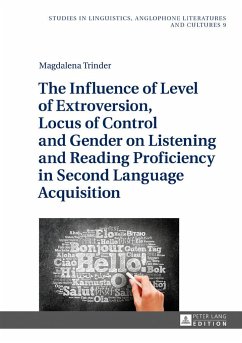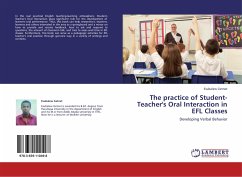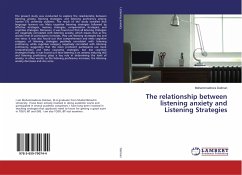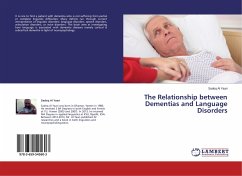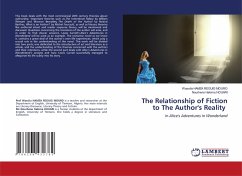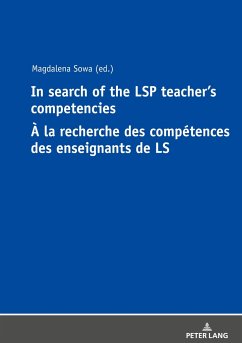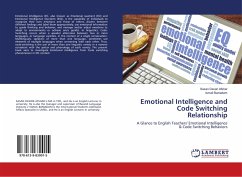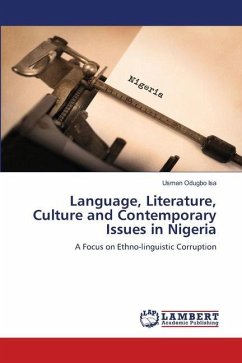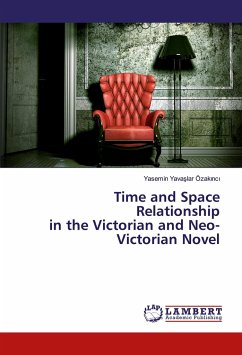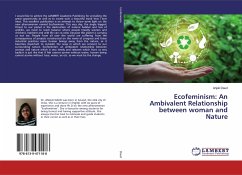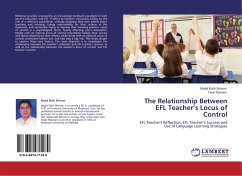
The Relationship Between EFL Teacher's Locus of Control
EFL Teacher's Reflection, EFL Teacher's Success and Use of Language Learning Strategies
Versandkostenfrei!
Versandfertig in 6-10 Tagen
32,99 €
inkl. MwSt.

PAYBACK Punkte
16 °P sammeln!
Reflective practice is becoming an increasingly dominant paradigm in both general education and EFL. It refers to teachers consciously taking on the role of a reflective practitioner, critically analyzing their own beliefs about teaching and learning, taking responsibility for their actions in the classroom, and continually trying to improve their teaching practice. Locus of control is a psychological factor heavily affecting one s motivation. People with an internal Locus of control orientation believe their success and failure depends on their efforts, while those with an external Locus of c...
Reflective practice is becoming an increasingly dominant paradigm in both general education and EFL. It refers to teachers consciously taking on the role of a reflective practitioner, critically analyzing their own beliefs about teaching and learning, taking responsibility for their actions in the classroom, and continually trying to improve their teaching practice. Locus of control is a psychological factor heavily affecting one s motivation. People with an internal Locus of control orientation believe their success and failure depends on their efforts, while those with an external Locus of control orientation believe luck and fate play a big role. This study sought to explore these two factors. The main objective is to investigate the relationship between EFL teacher s reflection and EFL teacher s success, as well as the relationship between EFL teacher s locus of control and EFL teacher s success.



